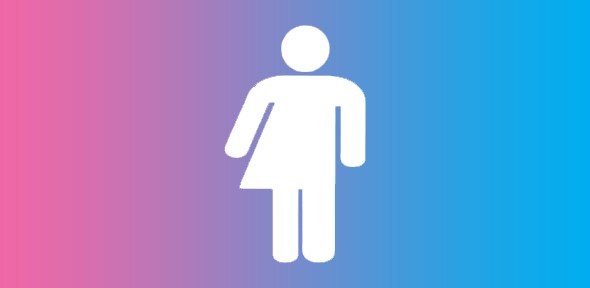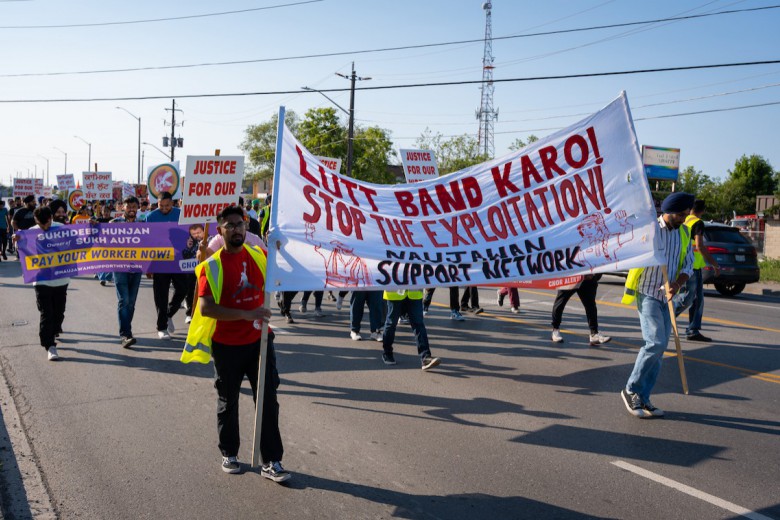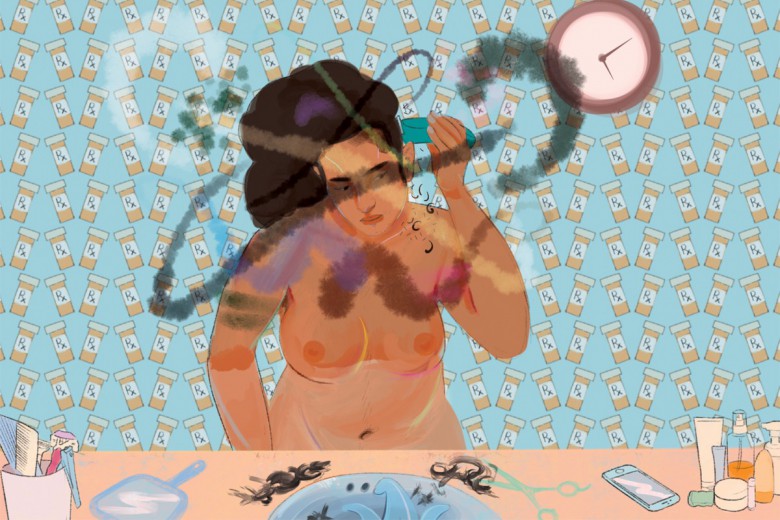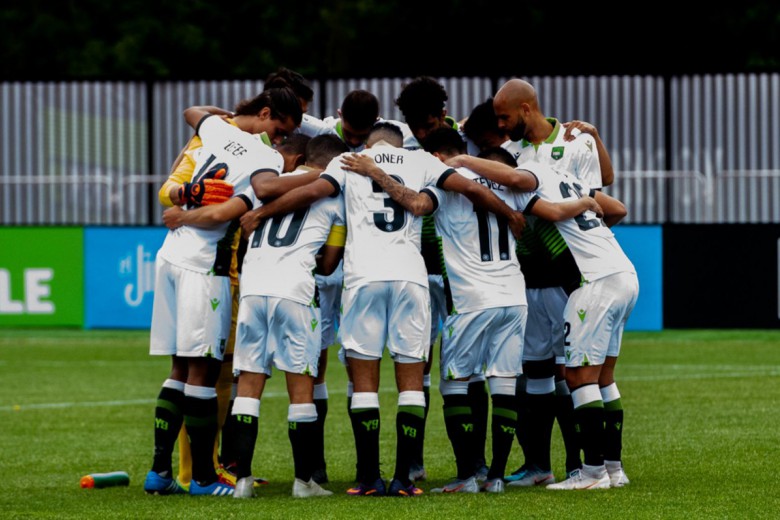
The business agent of my union is a big man who works as a rigger and a stage equipment operator. He’s getting older and is soured by life. We’ve known each other for almost 30 years. When I first met him, he was slimmer, attending university, and would often pass the time waiting for cues on the fly floor above the stage reading books in Greek and Latin. I was a scenic designer, frustrated from living as a man in a world of men, and I would sometimes have tantrums of scorn and anger in order to get my way with stage crews. So we were not the best of friends. When, after many years, I began my gender transition from male to female, he was uncomfortable, and he made it clear that without official documentation he wasn’t going to accept me as a woman for gendered jobs like being a female dresser for touring shows.
My gender transition was hard for my sisters and brothers in my union. We learn from an early age to classify every person we meet into one of the two gender stereotypes. Some anthropological evidence suggests this tendency is stronger in patriarchal societies and is linked to the imbalance of power between the sexes. People’s identities are strongly invested in their position in the hierarchy. In our society, visibly transgender individuals are still subject to discrimination that isn’t tolerated for other groups. This behaviour hurts, sometimes profoundly. Some of it is intentional, but some is not.
Mis-gendering in the use of pronouns is widespread. At work, for example, the crew of a touring show would at first see me as a woman and refer to me as she. Then a long-time co-worker would refer to me as he and soon everyone would be referring to me as he. Early in my transition, I only worked occasionally for the union, and I experienced serious harassment and abuse at my full-time, non-union job. When a director decided the easiest way to deal with the problem was to fire me, there was no union to support me, and the Saskatchewan Human Rights Commission turned me away because gender expression was not listed as acceptable grounds for complaint in the Human Rights Code.
I had a mental breakdown, and for a time I worked very little, only accepting jobs that wouldn’t cause me stress, such as working on the wardrobe crew or operating a camera. Eventually that first business agent was replaced by another who proved to be an ally. When an employer asked the new business agent to supply a different camera operator, criticizing my hairstyle and clothing and not my work, the new business agent told the employer that his request was unacceptable.
I wasn’t earning quite enough to cover my expenses at this time, so I began taking more strenuous work, beginning with a two-day stage maintenance call. I was working with a crew of senior union members, men who had known me for more than 20 years before my transition. They treated me badly, assigning me the most difficult and dirty tasks. Some told macho jokes and used lewd, misogynistic innuendos. Some second-guessed my work all shift, retying knots I had tied correctly and re-circuiting lamps I had plugged in, giving false justifications amid masculine bravado. I kept up a cheerful front but was in tears when I got home.
In the ’80s our union began to support women, first allowing them to work as projectionists, then finally as stage workers. But women were not treated the same as men. It dawned on me that my co-workers weren’t treating me badly because I was transgender; they were simply behaving the way they behave with other female workers. I had finally been accepted by them, not as a trans person but as a woman.
A year later, the first business agent was re-elected to the position. One shift, while waiting for a band to finish their encores, I asked to have a word with him. I reminded him how he had wanted official confirmation of my female status. I showed him my new driver’s licence, pointing out the “F” for female. He told me he didn’t need it. I insisted that I wanted him to know in case any employers complained about me. He said, “If anyone gives me any shit, I’ll tell them they can go to hell.” He then explained that, after he’d first asked me for documentation proving I was female, he had gone on the Internet to research transgender identities. Everything he learned pointed to one conclusion: I was a woman. End of story.






